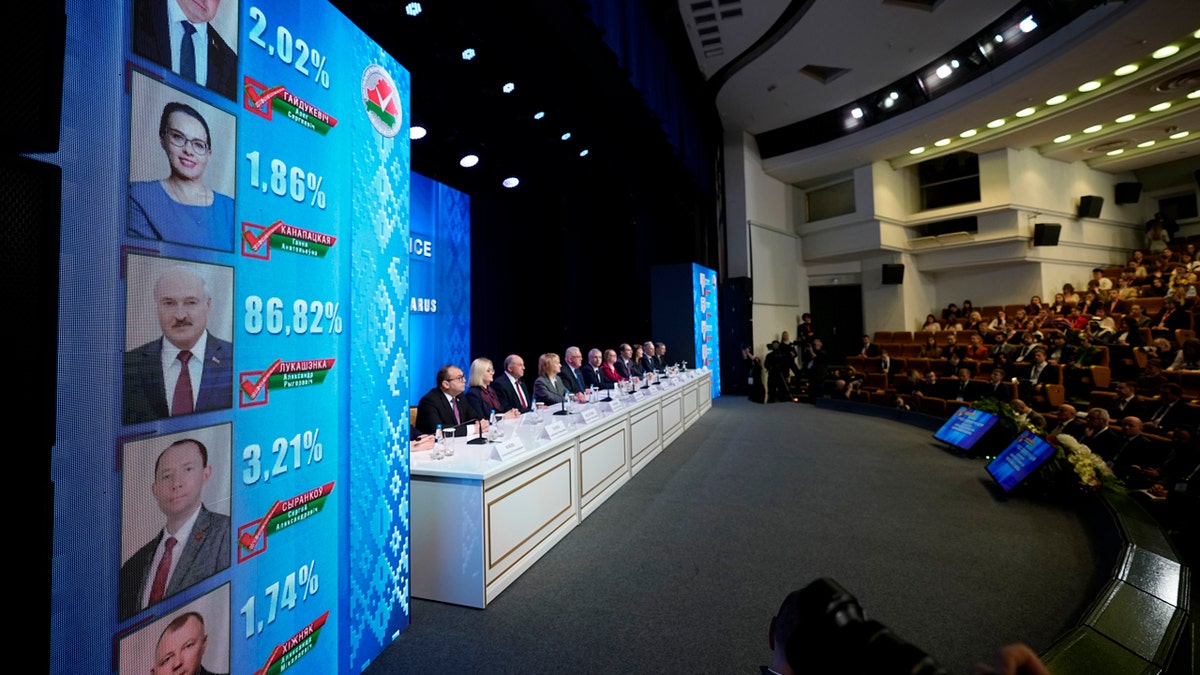Alexander Lukashenko, the long-standing leader of Belarus, has secured another term in office following an election widely criticized by international observers and opposition groups. The Central Election Commission announced Lukashenko's victory with close to 87% of the vote, a result echoing the disputed 2020 election that sparked widespread protests.
This latest election, held over the weekend, saw Lukashenko face off against four challengers, all of whom expressed support for his leadership during the campaign. Critics, including many members of the Belarusian political opposition, have denounced the election as fraudulent, drawing parallels to the 2020 vote, which ignited months of unprecedented demonstrations in the nation of 9 million.
The 2020 protests resulted in over 65,000 arrests and thousands of reported beatings, leading to international condemnation and sanctions against Belarus. The European Union has dismissed the recent election as illegitimate and has indicated the possibility of further sanctions. German Foreign Minister Annalena Baerbock criticized the lack of genuine choice for voters, labeling the election "a bitter day" for those aspiring to freedom and democracy.

Igor Karpenko, head of Belarus' Central Election Commission (fifth from left), and colleagues at a press conference announcing the election results in Minsk. (AP Photo/Pavel Bednyakov)
Lukashenko, who has held power since 1994, has maintained his grip on the country through authoritarian tactics. His close alliance with Russian President Vladimir Putin has provided crucial political and economic support, particularly during the 2020 unrest. Belarus served as a staging ground for Russia's 2022 invasion of Ukraine and now houses some of Russia's tactical nuclear weapons.
Both Putin and Chinese President Xi Jinping congratulated Lukashenko on his electoral win. Analysts suggest that the January election timing, earlier than the usual August schedule, may have been a strategic move by Lukashenko to preempt potential mass protests fueled by economic difficulties and the ongoing conflict in Ukraine.
Numerous political opponents have been imprisoned or forced into exile, with human rights organizations estimating nearly 1,300 political prisoners in Belarus, including Nobel Peace Prize winner Ales Bialiatski. While Lukashenko has pardoned over 250 individuals since July, authorities have continued to suppress dissent, arresting hundreds more in raids targeting those connected to political prisoners.
Sviatlana Tsikhanouskaya, a prominent opposition leader who sought refuge abroad after challenging Lukashenko in 2020, has condemned the election as a "farce."








